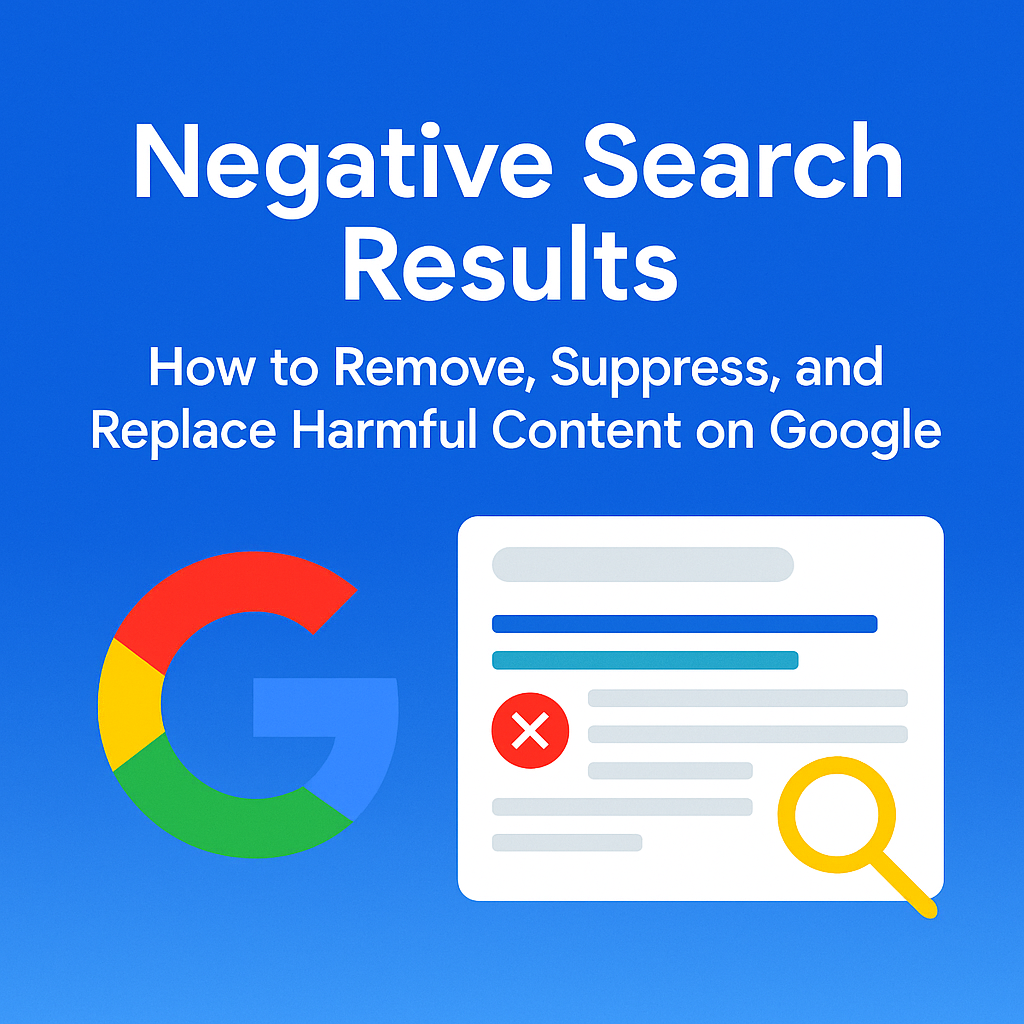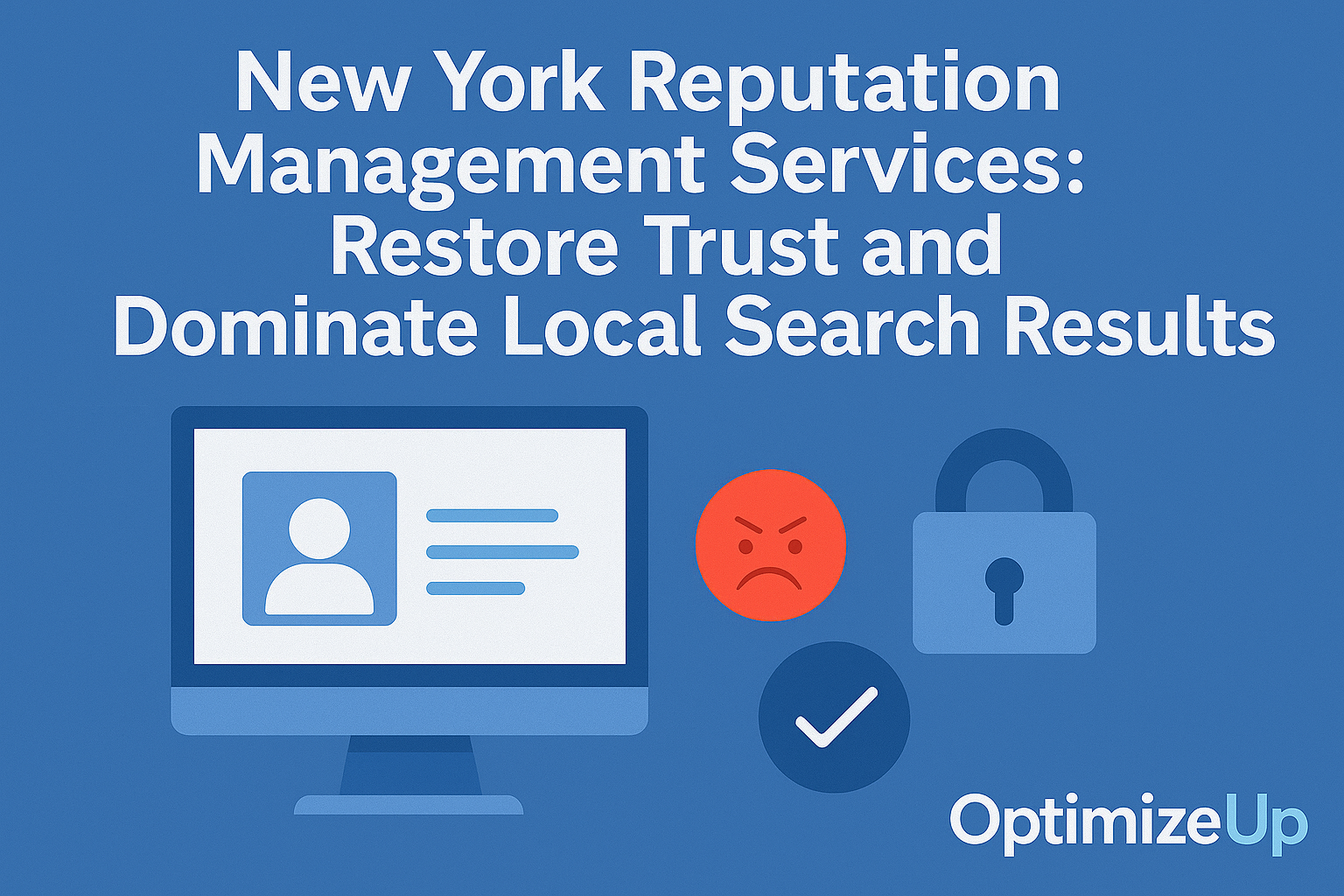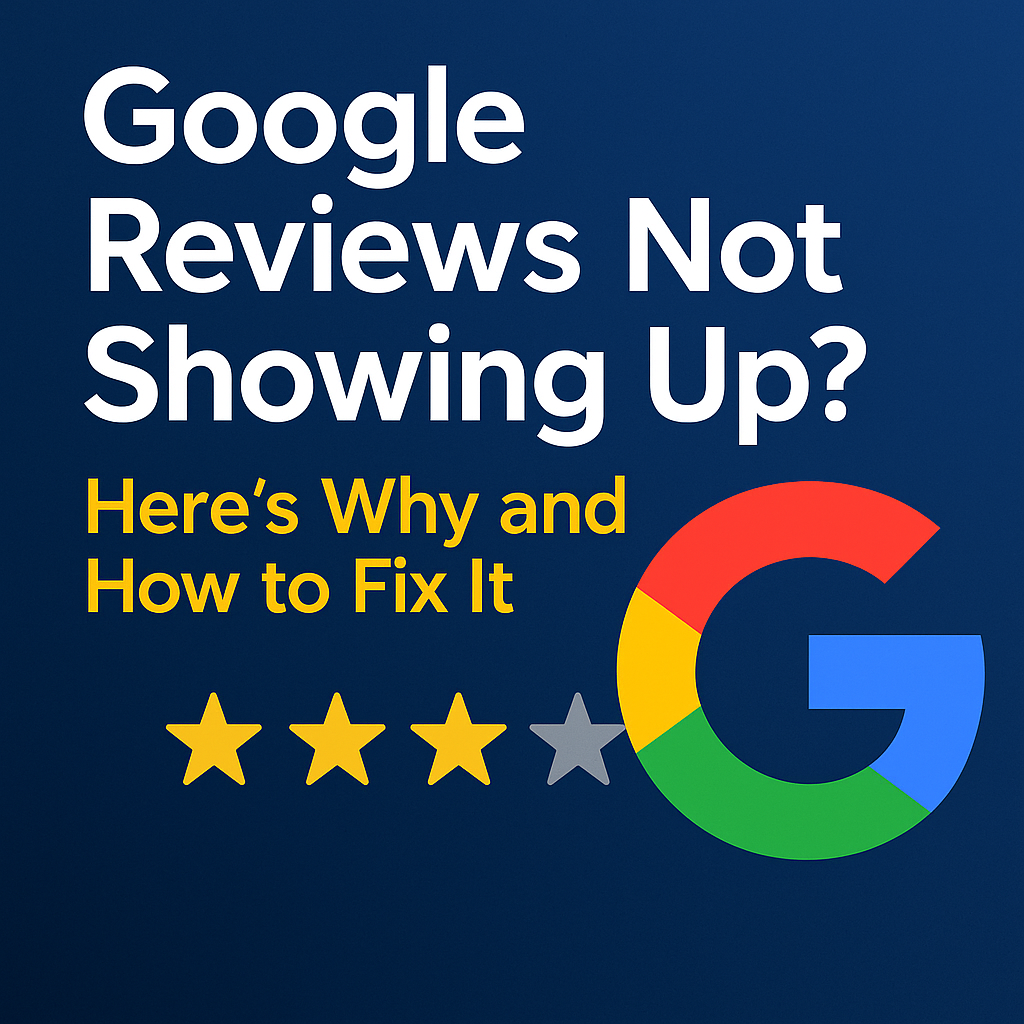Why Negative Search Results Matter
Search engines are often the first place people turn to learn about someone or something. Whether you’re applying for a job, running a business, or simply protecting your personal identity, negative search results can derail your goals.
Impacts of Negative Search Results:
- Job loss or missed job opportunities
- Customer loss and revenue drop
- Personal relationship damage
- Legal implications
- Stress and anxiety
The content may include outdated information, defamation, revenge posts, or even mistaken identity. Regardless of the cause, action is necessary.
Extended Consequences of Unchecked Online Negativity
Beyond the personal and financial repercussions, negative online content can:
- Affect your ability to secure housing or loans
- Undermine credibility with business partners or investors
- Spark cyberbullying or targeted harassment
- Influence legal proceedings (e.g., custody battles or corporate disputes)
- Lead to emotional distress, including depression or anxiety disorders
What Causes Negative Search Results?
Common Sources:
- Arrest records and mugshots
- News articles covering lawsuits or controversies
- Consumer complaints and negative reviews
- Reddit threads, forums, and personal blogs
- Google Autocomplete suggestions
- Court records and divorce proceedings
- YouTube comments or viral videos
Emerging Sources in 2025
- AI-generated content tied to your name
- GPT-based forum responses
- Screenshots or media manipulated by deepfakes
- Misquoted social media posts
- Archived versions of old pages (via Internet Archive)
Even legitimate content can remain long after it has lost relevance, lingering on the first page of search results.
Step 1: Attempting Content Removal
1.1 Contact the Website Owner
Reach out to the webmaster and request content removal. This works best for outdated, defamatory, or personally sensitive posts.
Tips for Contacting Webmasters:
- Be polite and professional
- Explain your reason clearly
- Provide any relevant legal documentation
- Offer compromise or clarification, not threats
Use WhoIs Lookup to identify site owners.
1.2 File Legal Requests
Some content violates privacy or copyright laws. Options include:
- DMCA Takedown Requests (for copyrighted material)
- Defamation Claims (filed through an attorney)
- Google Legal Removal Request: Google Content Removal Tool
1.3 Removal from Indexing (NoIndex Tags)
If you have control over a website with negative content, adding a “noindex” tag can de-index it from search engines.
<meta name="robots" content="noindex">1.4 Platform-Specific Requests
- Facebook & Instagram: Report posts for defamation or harassment
- YouTube: Report under privacy and content policy
- Reddit: Contact moderators and Reddit admins
Step 2: Suppressing Negative Results
Suppression doesn’t delete content; it pushes it down in rankings by promoting positive or neutral pages. Most users only check the first page of search results, making suppression highly effective.
2.1 Publish Positive Content
Create and optimize content that ranks higher than the negative result.
- LinkedIn profile and posts
- Medium and Substack articles
- Company website bios
- Google Business Profile
- YouTube videos with transcripts
- Guest posts on authority blogs
2.2 Boost SEO for Positive Pages
Use SEO to outcompete harmful content.
Best Practices:
- Keyword optimization (focus on your name or brand)
- High-quality backlinks
- Fast-loading pages
- Mobile-responsiveness
- Proper meta tags and schema markup
- Internal linking between personal properties
2.3 Use Social Media Strategically
Google often ranks high-authority social profiles well. Update regularly:
- Twitter/X
- TikTok
- Threads
Include your full name in bios, captions, and hashtags to reinforce positive associations.
Step 3: Replacing Harmful Content with Authority Pages
3.1 Build High-Authority Properties
Create content hubs that search engines trust.
- Press releases
- News interviews
- Business listings on trusted platforms (Crunchbase, Bloomberg, Yelp)
- Author pages on community or niche sites
3.2 Content Layering
Support each positive result with backlinks, social signals, and updated versions.
- Repurpose blogs into videos or slides
- Link newer content to older, optimized pieces
- Use tiered link building: links to your links
3.3 Google Autocomplete Influence
Search volume can influence autocomplete predictions. Use:
- Private browsing to simulate searches
- Services that simulate branded queries
- Auto-complete suppression tools offered by Optimize Up
Monitoring and Maintenance
4.1 Set Up Alerts
Tools like Google Alerts or Mention.com notify you of new content appearing online.
4.2 Use Reputation Tools
- SEMrush – keyword tracking
- Ahrefs – backlink analysis
- BrandYourself – online reputation dashboards
- Optimize Up – full-service suppression and removal campaigns
4.3 Regular Content Publishing
Post weekly content across multiple platforms:
- Blog posts
- Podcasts
- LinkedIn articles
- Short-form videos
4.4 Quarterly Audit Checklist
- Review branded search terms
- Check for new backlinks to negative content
- Adjust keyword strategy based on shifting SERP features
Consistency signals authority to Google.
Legal and Ethical Considerations
Be aware of the legal frameworks that affect online content:
- Right to be Forgotten (EU and some US jurisdictions)
- Defamation and Libel Laws
- Revenge Porn Laws
- Public Record Exceptions
Avoid using black-hat SEO techniques or hiring shady removal services. These often backfire or result in Google penalties.
Optimize Up Can Help
Optimize Up provides professional online reputation solutions, including:
- Negative link audits
- Strategic suppression plans
- Legal support for removals
- Google Autocomplete cleanup
- Monthly monitoring and SEO upgrades
Book a free consultation to get a customized roadmap.
Your online image is your new resume. Take control before others define it for you.
FAQ: Negative Search Results
Only if you own the content or it violates laws or policies. Otherwise, suppression is the most effective route.
Usually 2–6 months depending on the authority of the negative page and competition.
Only with regular content updates and SEO maintenance.
Packages can start at $500/month and range to $5,000+ depending on complexity.
Suppression is possible, but requires robust SEO strategies and media outreach.
Yes. We work with legal partners to support takedown efforts when applicable.
Yes. They’re often easier to outrank due to low domain authority.
With time, yes. But professionals ensure faster and more consistent results.
Positive content appears on the first page, keyword traffic increases, and sentiment scores improve.
Yes, especially when used in tandem with PR and social proof campaigns.





